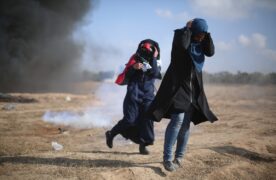Israel violated the principles of self-determination of peoples, independence, non-intervention and the peaceful settlement of international disputes. This was determined in a recent ruling by the International Opinion Tribunal, which judged the crimes committed by Israel against Palestine between 7 October 2023 and 26 July this year.
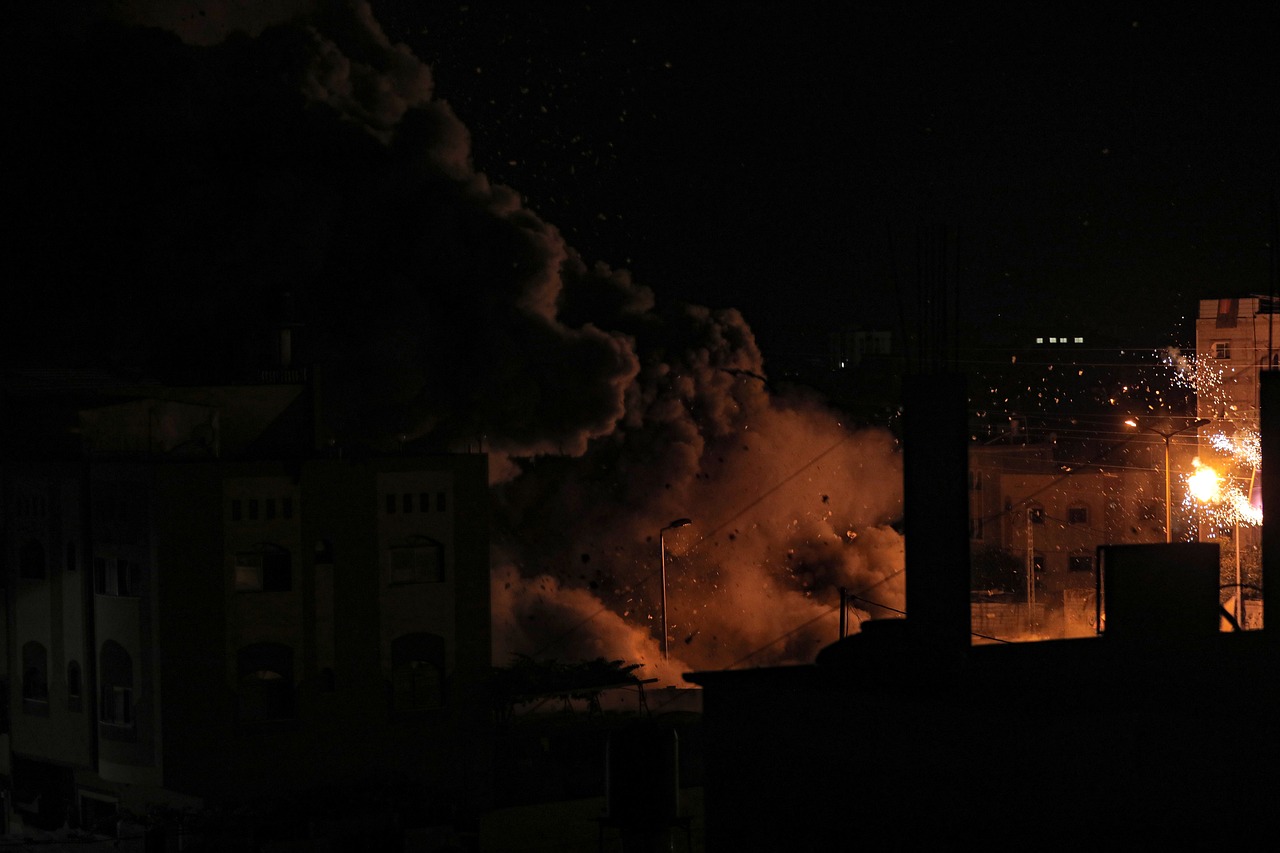 According to the ruling of the Court, Israel also violated the principles of good faith, the legal equality of states, the cooperation of states with each other, and the determinations of international bodies as a source of international law.
According to the ruling of the Court, Israel also violated the principles of good faith, the legal equality of states, the cooperation of states with each other, and the determinations of international bodies as a source of international law.
It also violated the general principles of international law: the principle prohibiting the abuse of law, the principle of international responsibility for unlawful acts, the principle of respect for acquired rights, the principle of pacta sunt servanda, which establishes the duty of humanity, among others. This follows from the ruling issued by the International Opinion Tribunal (Trino), which met on 27 July and ruled on violations of Human Rights and International Humanitarian Law (IHL) in Palestine.
The extra-judicial body also found that the determinations of international bodies as a source of international law were violated, and that there is international responsibility arising from a wrongful act.
The Trino members concluded that Israel does not comply with several resolutions of the UN bodies on the Palestinian issue (GA, Ecosoc, Human Rights Council, etc.), and considered significant the UN Secretary General’s position against the occupation and the continuing attack.
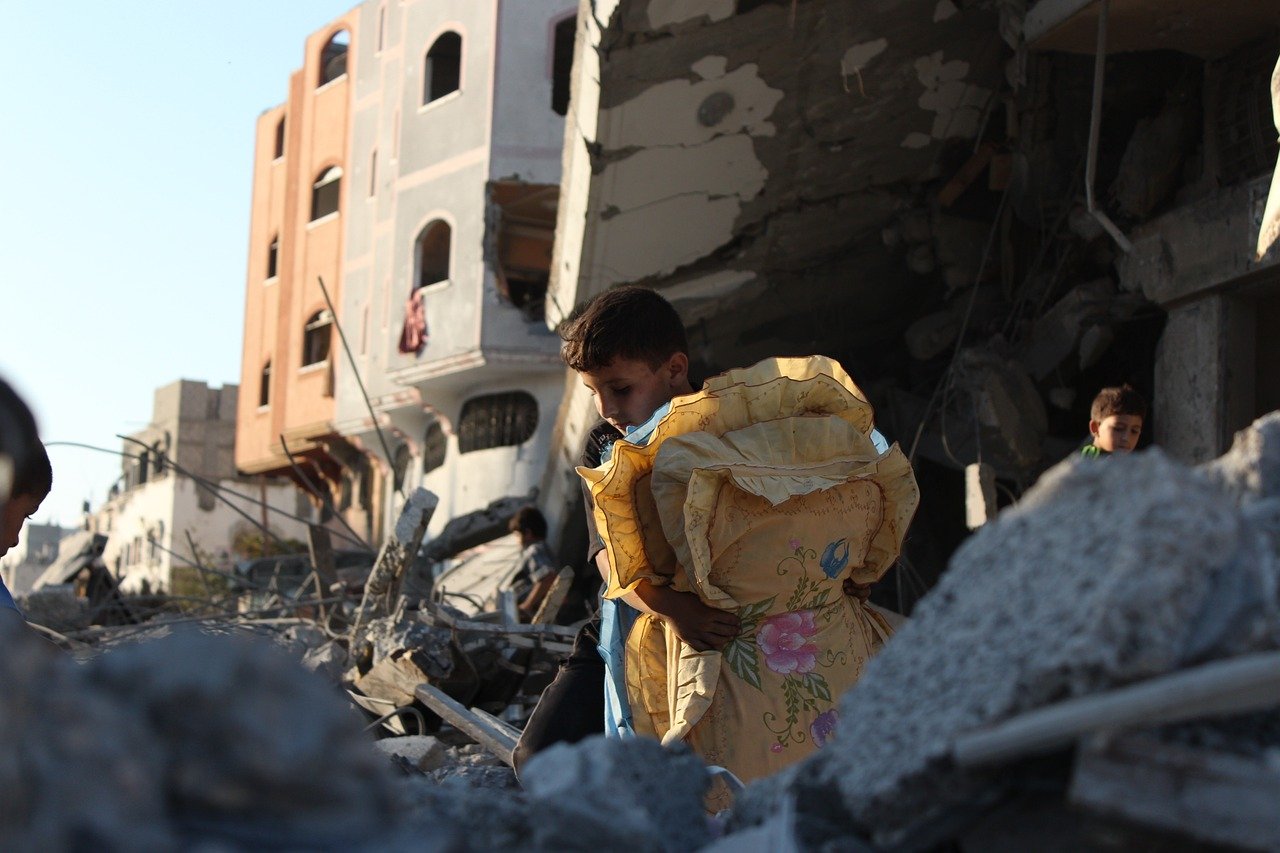 They also insisted on boycotts, embargoes, punishment of diplomats and traders who sponsor terrorism, as well as the implementation of the denial of visas to those responsible.
They also insisted on boycotts, embargoes, punishment of diplomats and traders who sponsor terrorism, as well as the implementation of the denial of visas to those responsible.
The ruling also calls for the implementation of Article 6 of the Arms Trade Treaty (which prohibits arms transfers in cases of genocide), the examination and condemnation of collateral damage, and warnings about obedience of command and its limits.
Finally, it calls for the implementation of Security Council Resolution 1379 of 2001. A/78/198, and to implement provisional measures from the International Court of Justice: to assist proceedings before the ICJ for the ongoing genocide.
The hearing was presided over by Judge Luis Bernardo Díaz Gamboa and was attended by the Israeli defence lawyer, Germán Guevara; the prosecutor Carlos Meneses and the deputy prosecutors, Sergio López and Wilson Torres, as well as the Palestinian ambassador to Colombia, Rauf Almaki.
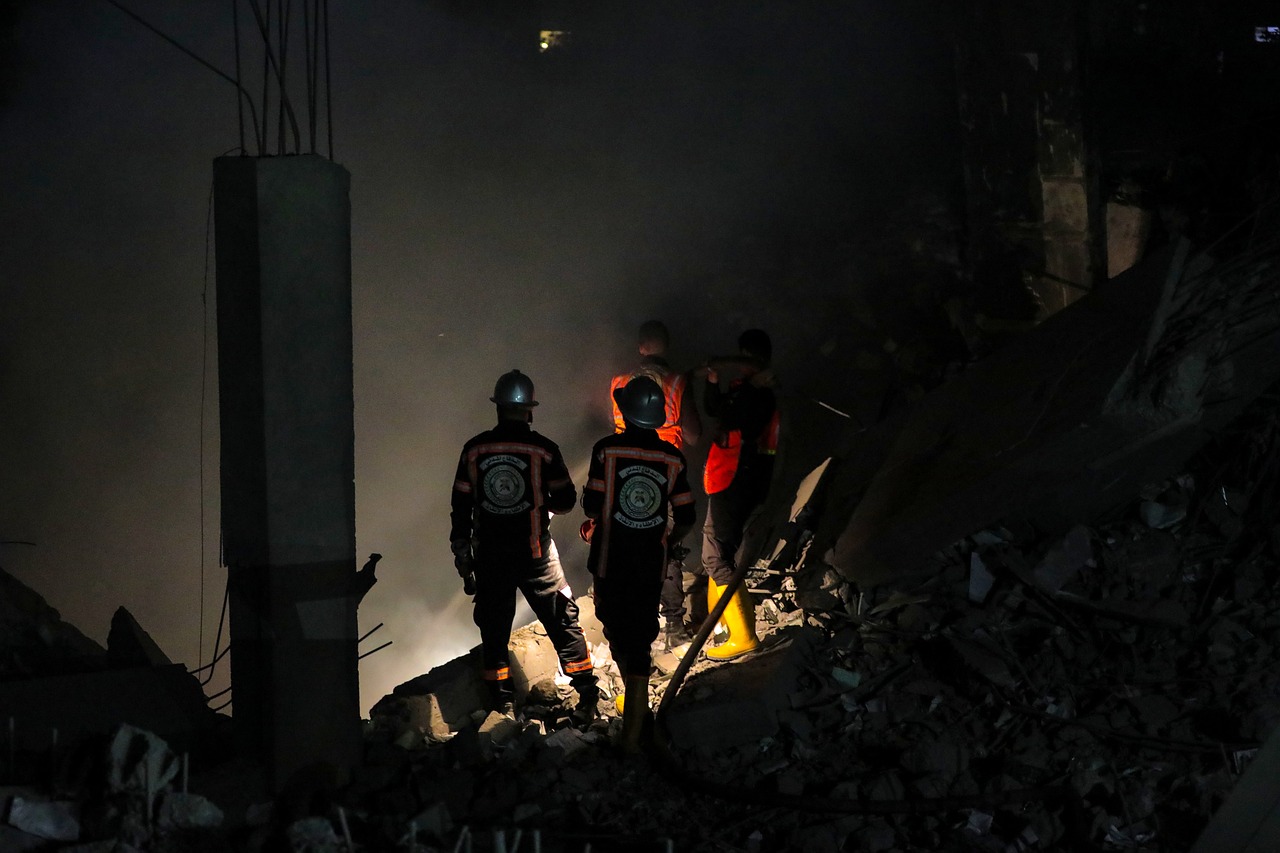 Also speaking were the doctor Víctor de Currea-Lugo, who gave a detailed examination of how the health system in Palestine has been affected (with dozens of doctors and health personnel killed); José Pascual Mora, who referred to the concept of decolonising human beings and power; Gustavo Zuluaga, who spoke of the violation of the right to education of 625,000 students (in addition to assassinations, schools and educational headquarters have been destroyed), and Ana Gabriela Trujillo, who detailed how women and girls have been affected in their dignity and showed specific cases, which have been proven. Also speaking were René Vanegas, who presented the case of a family who, living on the Gaza border, was affected by Hamas on 7 October; and Sergio Iván Acevedo, who referred to the tragedy suffered by the sportsmen.
Also speaking were the doctor Víctor de Currea-Lugo, who gave a detailed examination of how the health system in Palestine has been affected (with dozens of doctors and health personnel killed); José Pascual Mora, who referred to the concept of decolonising human beings and power; Gustavo Zuluaga, who spoke of the violation of the right to education of 625,000 students (in addition to assassinations, schools and educational headquarters have been destroyed), and Ana Gabriela Trujillo, who detailed how women and girls have been affected in their dignity and showed specific cases, which have been proven. Also speaking were René Vanegas, who presented the case of a family who, living on the Gaza border, was affected by Hamas on 7 October; and Sergio Iván Acevedo, who referred to the tragedy suffered by the sportsmen.
There were also Pedro Salas, who has been “crusading in public squares and public areas, denouncing the genocide’; Manuel Mayorga, who stated that Israel’s action is a violation of the lives of children and teenagers, as well as an attack on pregnant mothers; and Luis Dussán, President of the American Association of Human Rights Defenders (AIDH), who said that as a result of the Zionist attack, 97% of the water in Gaza is not drinkable.
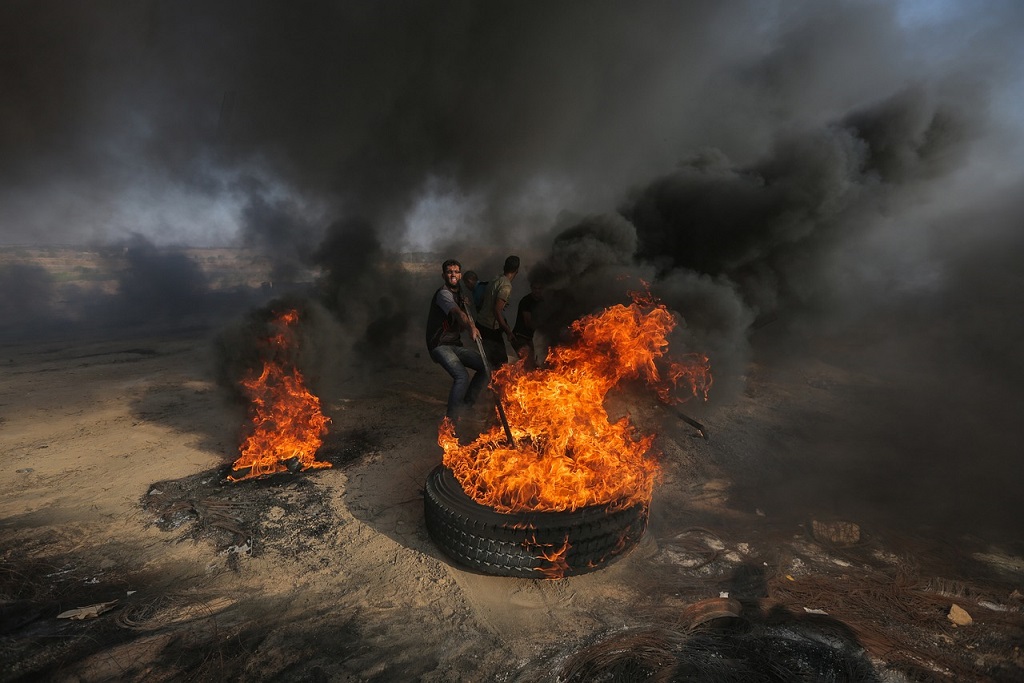 The verdict was signed by the judges of the Tribunal: Eduardo Sandoval Forero (México), Alicia Cabezudo (Argentina), Camilo Andrés Rodríguez (Colombia), Clara Inés Domínguez (Colombia), Alicia Herrera (Guatemala), Eduardo Kronfly (Colombia ), Cristian Ibarra (Colombia), Guido Asensio (Chile), Lourdiña Ginetti (Brasil), and Luis Bernardo Díaz G. (Colombia).
The verdict was signed by the judges of the Tribunal: Eduardo Sandoval Forero (México), Alicia Cabezudo (Argentina), Camilo Andrés Rodríguez (Colombia), Clara Inés Domínguez (Colombia), Alicia Herrera (Guatemala), Eduardo Kronfly (Colombia ), Cristian Ibarra (Colombia), Guido Asensio (Chile), Lourdiña Ginetti (Brasil), and Luis Bernardo Díaz G. (Colombia).
(Translated by Rene Phelvin – Email: renephelvin@gmail.com)- Photos: Pixabay











.jpg)









